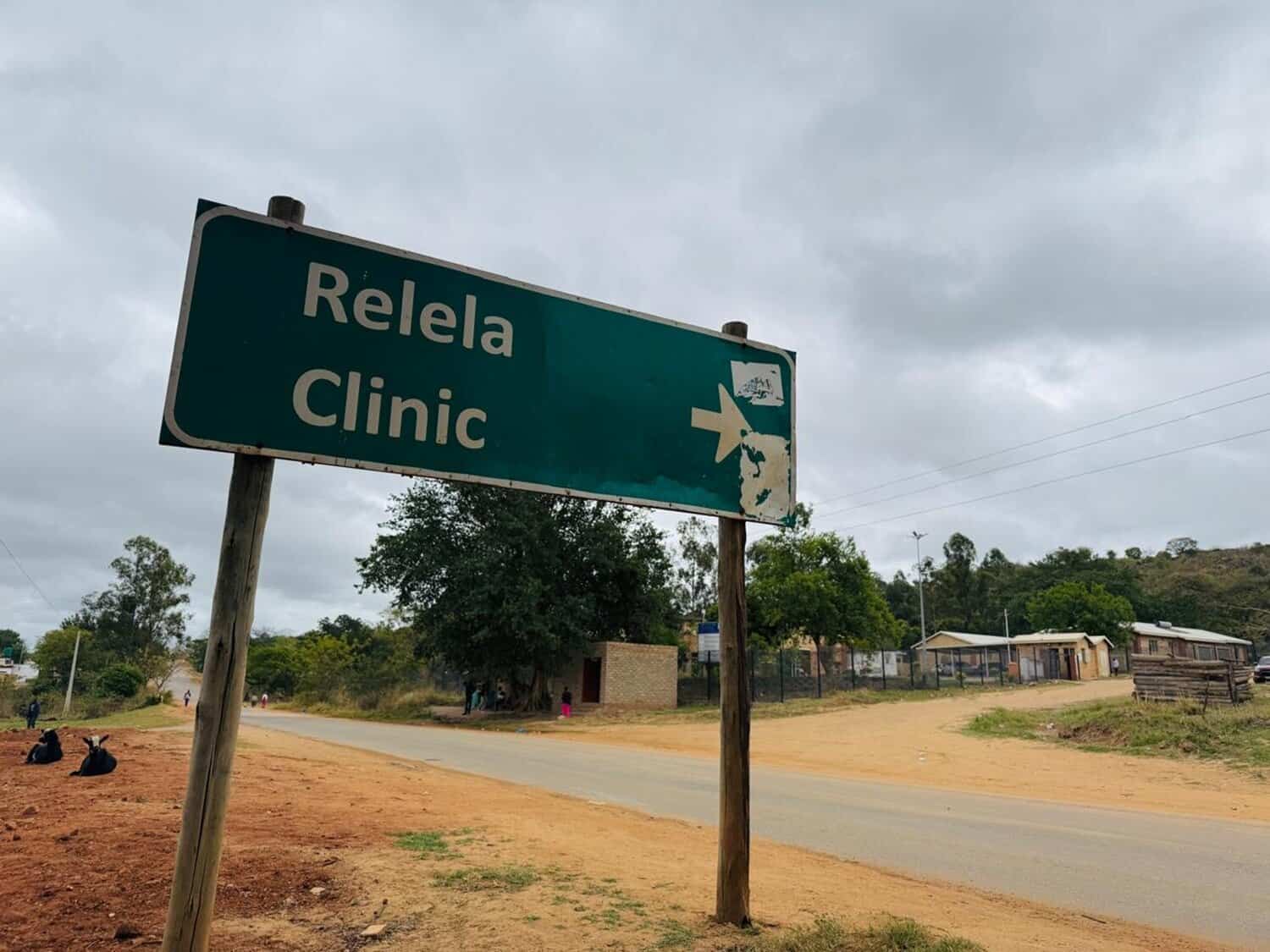The DA says the rising number of claims in the province's health sector prove hospital conditions continue to deteriorate.

The Limpopo Department of Health has received the second-largest slice of the 2025-26 financial year annual budget, but a big chunk of the money goes to pay lawyers in exorbitant medico-legal claims.
On 8 April 2025, the department, led by MEC Dieketseng Mashego, tabled an annual budget of R26.1 billion, with a significant portion allocated to strengthening district health services and district hospitals.
A total of R13.6 billion was earmarked for this purpose, making it the largest share of the budget.
Other key allocations include R3.2 billion for regional and specialised hospitals, R174.1 million for malaria control, and R2 billion for HIV and TB services.
The MEC said this increased funding would support the continued expansion of health services and infrastructure, ensuring that the province remained on a path of progress and improved health outcomes for all.
However, an inquiry by The Citizen revealed that nearly half of the department’s budget goes to pay lawyers for medico-legal claims.
Medico-legal claims are legal actions seeking compensation for harm or loss caused by medical negligence or medical malpractice.
These claims arise when a healthcare provider’s actions, or inaction, fall below the expected standard of care, leading to patient injury or suffering.
A successful claim requires the claimant to prove that the medical malpractice occurred and directly resulted in their injuries, incurring significant losses.
The department reported on Thursday that its medico-legal claims for this and last year totalled a staggering R12 688 133 031.11. It said claims recorded in 2024-25, amounted to R1 851.
The biggest contributors
“The districts (regions) with the highest number of cases are Vhembe and Capricorn, while Tshilidzini, Mankweng and Pietersburg[Polokwane] hospitals are singled out as facilities with the highest number of cases in the province.
The biggest contributors to cases are cerebral palsy and Obstetrics and Gynaecology,” said departmental spokesperson, Neil Shikwambane, on Thursday.
The Citizen can reveal that in the past four years, the National Department of Health has paid out R23.6 billion in medico-legal claims nationwide, with all provinces seemingly unable to stem the unrelenting tide of money due to claimants and their lawyers.
Thousands of lawsuits, costing the taxpayer billions, have been brought against the national and provincial Health Departments for gross negligence and misdiagnosis, many involving obstetrics and gynaecology, and infants left with cerebral palsy and women with medical complications after birth.
ALSO READ: Warning to councillors who are ‘elected today and relocate tomorrow’
How does it compare to other provinces
3 522 claims were filed nationally.
Limpopo had 903 claims and KwaZulu-Natal 779. KwaZulu-Natal paid out the most at R8.67 billion, the Free State R2.48 billion and Gauteng R1.89 billion.
In the Western Cape, 270 claims were finalised at a cost of R501 million between 2020 and 2023.
In terms of legal costs per province, Gauteng spent R634 million, followed by KZN at R328 million and Mpumalanga R224 million.
In February 2022, the Vhembe district in Limpopo had 500 cases amounting to R5.251bn, the Capricorn district had 330 claims (R2.356 billion), Mopani district had 322 cases (amounting to R2.683 billion), Sekhukhune district had 305 cases amounting to R3.006 billion, and the Waterberg district had 118 cases, amounting to R766.053 million.
The Vhembe district still accounted for the highest number of cases, 594, and the highest medico-legal liabilities, at R5 billion.
Outrage
The money paid to lawyers for contingency legal claims has since sparked a debate in the province, with the Bolshevik political party of South Africa and the DA outraged.
Seun Mogotji, the general secretary of the Bolsheviks’ political party in Limpopo, stated that the amount paid for contingency legal claims was exorbitant.
“This money could have been best spent on building new clinics, revamping old ones, purchasing ambulances, buying medicines, training nurses and employing more doctors in rural regions, who would in turn do things by the book and reduce legal claims,” said Mogotji.
He said the department would continue to bleed millions in medico-legal claims until the leadership took charge.
“Serious action is needed … Not tomorrow, not next week, or after the upcoming local government elections, but now,” he said.
DA provincial leader Lindy Wilson said the root causes of the litigation are critical staff shortages in high-risk areas, as well as clinical errors, poor quality healthcare, lack of professionalism, poor communication and staff attitude, lack of equipment, failure to obtain informed consent, missed diagnosis, failure to conduct basic investigations, and system errors, among others.
She said the rising number of claims in the province’s health sector proved that hospital conditions were continuing to deteriorate.
“Our health facilities are in an appalling state, and the hundreds of millions spent on medical negligence claims could instead be used to vastly improve the condition of these.
“The DA is also aware of the many fraudulent claims being made, which could make up a large percentage of the claims. However, poor record-keeping, internal interference with missing files, etc., make it hard to defend claims, which come at huge costs.
“The medico-legal have threatened to bankrupt and collapse the health system in the province, and the DA refuses to just sit and watch,” said Wilson.






